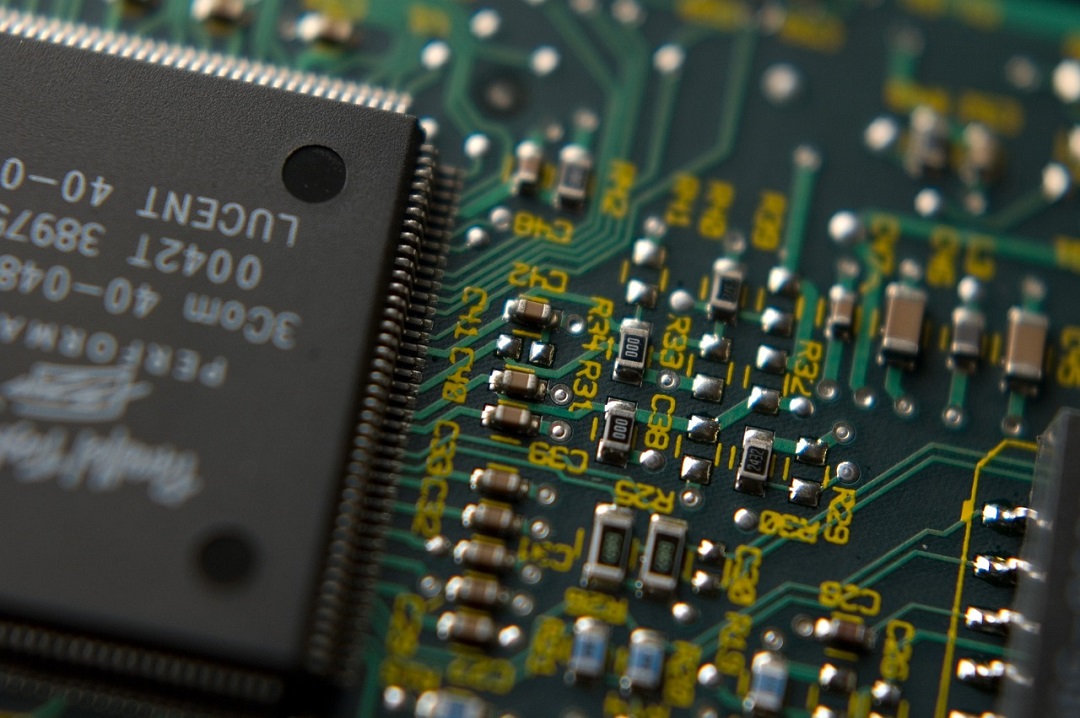India is making a significant leap in the semiconductor industry with the establishment of a cutting-edge semiconductor facility in Morigaon, Assam, spearheaded by Tata Semiconductor Assembly and Test Pvt Ltd (TSAT). This state-of-the-art unit, backed by a ₹27,000 crore investment, is expected to produce up to 48 million chips daily using advanced technologies like flip-chip and Integrated System in Package (ISIP). Slated for completion by mid-2025, the facility will cater to key sectors, including automotive, electric vehicles, telecommunications, and consumer electronics, aligning with India’s goal of self-reliance in semiconductor manufacturing.
In addition to its technological significance, the Morigaon plant will drive socio-economic development in the region by creating 15,000 direct and 11,000-13,000 indirect jobs. Its high production capacity will serve both domestic and global markets, positioning India as a formidable player in the international semiconductor supply chain.
India Semiconductor Mission: Building a Self-Reliant Industry
India’s semiconductor market, estimated at $38 billion in 2023, is projected to grow to $109 billion by 2030. To support this growth and reduce dependency on imports, the Indian government launched the India Semiconductor Mission (ISM), a ₹76,000 crore initiative to build a comprehensive semiconductor and display ecosystem. Guided by global experts, ISM fosters collaboration between government bodies, industry, and academia, focusing on domestic production and technological advancement.
The Semicon India program under ISM includes schemes to set up semiconductor and display fabs, facilities for compound semiconductors, and Outsourced Semiconductor Assembly and Testing (OSAT) units. Additionally, the Design Linked Incentive (DLI) Scheme supports innovation in semiconductor design. These initiatives aim to create a robust ecosystem encompassing all stages of semiconductor production, from chip design to fabrication, packaging, and testing.
Expanding India’s Semiconductor Footprint
The Morigaon facility is part of a broader network of government-backed semiconductor projects, including units in Gujarat by Tata Electronics and CG Power, and Kaynes Semicon in Sanand. The government has also prioritized the modernization of the Semi-Conductor Laboratory in Mohali and introduced incentives like the SPECS and PLI schemes to support large-scale electronics manufacturing.
These projects underscore India’s commitment to reducing semiconductor imports, fostering innovation, and strengthening its position in the global semiconductor value chain. As demand for semiconductors grows worldwide, the Morigaon plant and other initiatives under the Semicon India program will drive technological advancement, job creation, and economic resilience, propelling India to the forefront of the global digital economy.








